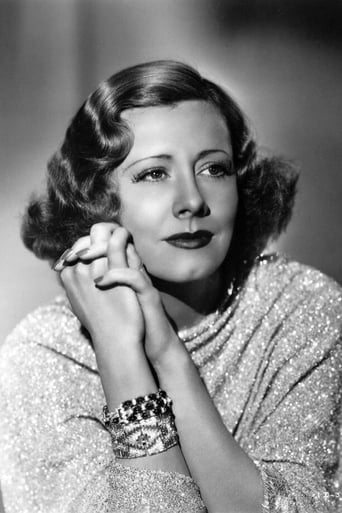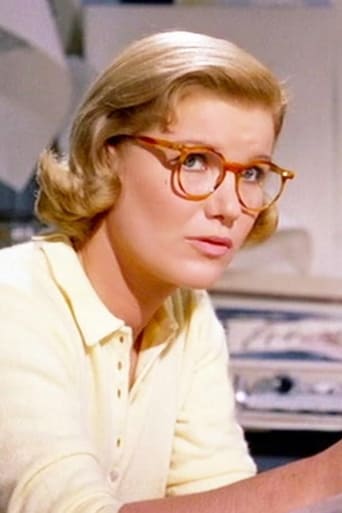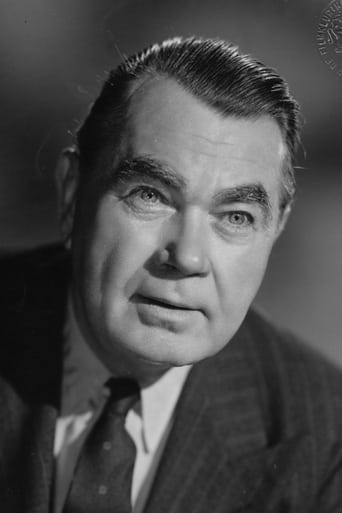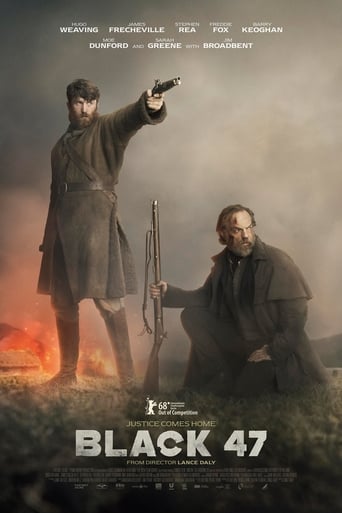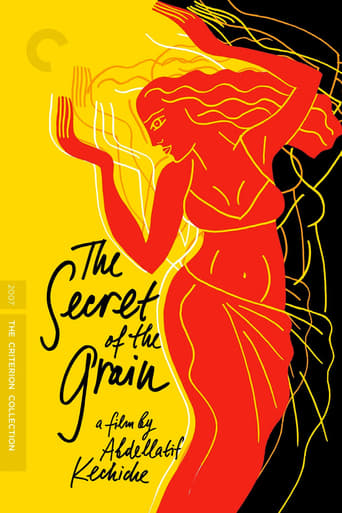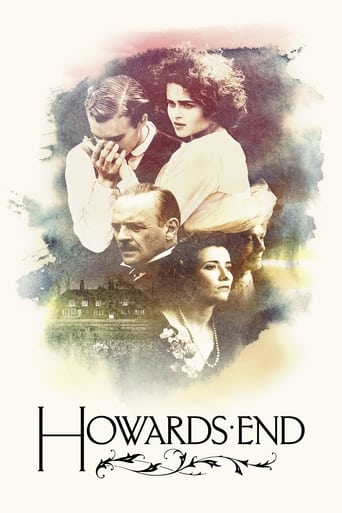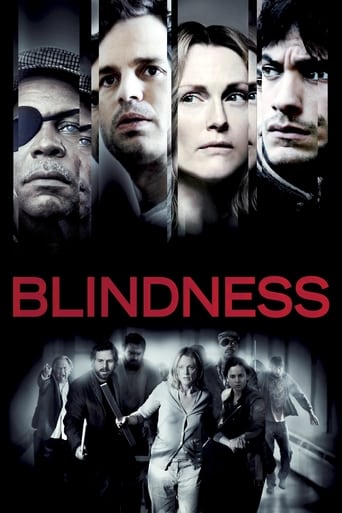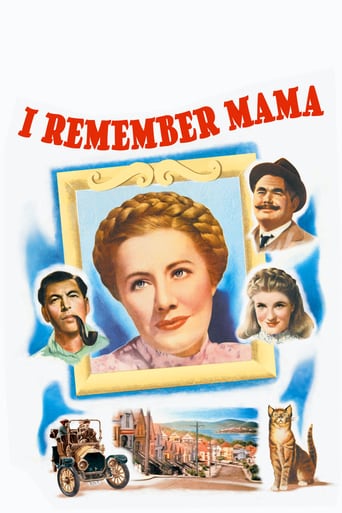

I Remember Mama (1948)
Norwegian immigrant Marta Hanson keeps a firm but loving hand on her household of four children, a devoted husband and a highly-educated lodger who reads great literature to the family every evening. Through financial crises, illnesses and the small triumphs of everyday life, Marta maintains her optimism and sense of humor, traits she passes on to her aspiring-author daughter, Katrin.
Watch Trailer
Cast
Similar titles
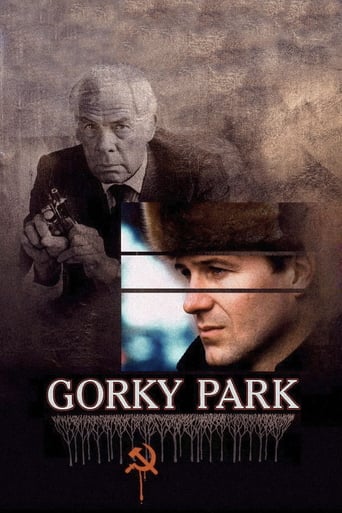

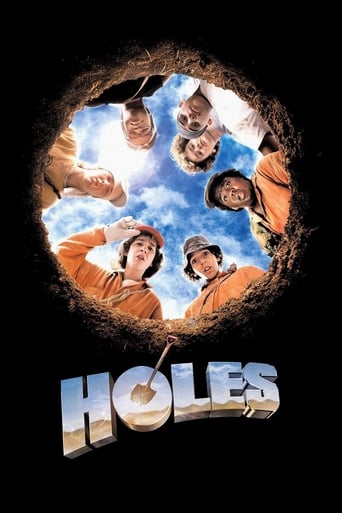
Reviews
Save your money for something good and enjoyable
There are better movies of two hours length. I loved the actress'performance.
The acting in this movie is really good.
It’s not bad or unwatchable but despite the amplitude of the spectacle, the end result is underwhelming.
Mama's got her hands full-Three older sisters who are a definite handful, a controlling uncle who nips a bit, and four children of varying personalities who suffer from various growing pains, resentments to other siblings, as well as a serious illness which brings the family together. Mama's oldest sister is a bossy shrew whom mama's children can't stand; Another is a whiner and the youngest (and only likable one) is a painfully shy spinster who longs to marry a painfully shy bachelor. Uncle Kris intimidates the children until mama confronts him, and in a heartwarming scene, he reveals to his great nephew and nieces as to why he is the way he is, opening up his heart to them and to us. Mama realizes that her middle daughter is resentful of the oldest one, while the youngest daughter's sudden need for an operation threatens the family's finances.In almost 2 1/2 hours, this family saga encompasses desire, ambition, greed, desperation, fear, judgmental attitudes about moral issues, and a determination to survive against the odds. The older members of the family are Norwegian immigrants, and some of them are not adopting well to their new land, even after decades in the country. The story is told through the eyes (and pen) of the oldest daughter (Barbara Bel Geddes) who praises mama (Irene Dunne in her final Oscar Nominated performance) for looking out for everybody in the family while sometimes neglecting her own needs. Dunne's performance encompasses the actress's talent for comedy and drama topping a career that also included musicals, epics and fantasy. Lacking the "yumpin' yimminy!" of usual movie Scandanavian accents (see anything with El Brendel to confirm what I mean), Dunne's accent only briefly disappears yet never annoys. Oscar Homolka is excellent as the overly boisterous Uncle Kris, and the scene where he reveals his soul to the children was worthy of his Oscar Nomination. Ellen Corby (also nominated, along with Bel Geddes) is both funny and touching as the idealistic spinster Trina, while Philip Dorn is quietly wise as Papa, seemingly knowing that all he has to do is earn the family's bread and butter and mama will take care of the rest. Bel Geddes (later the matriarch of TV's "Dallas") shines as she ages from mid-teens to young adulthood. In her brief role as a famous author, Florence Bates is amusing, with her reaction to her picture in the newspaper a comic gem of self-deprivation. Some may complain about the film's length, but when you consider the number of movie versions of plays that have been ruined because of how the script was edited, that makes this OK.I could not complete this review without a mention of some of at least one of film's most touching moments, and that would have to be Dunne in the hospital ward with her youngest daughter, comforting the other children in the room as she sings a song to the ailing child, then comically trying to get out without being heard or seen by the nurses who had earlier prevented her from going in after visiting hours had ended.
It was a funny old post-war industry. I Remember Mama came out of RKO when that studio was in its darkest phase, and most of its output was creepy little horrors and thrillers, under the guidance of Dore Schary, who a few years after this would add a streak of gritty realism to MGM's dream world. And although this was one of RKO's comparatively small number of A-pictures released around this time, much of its crew were veterans of the B-unit – writer DeWitt Bodeen, cinematographer Nicholas Musuraca and composer Roy Webb had all worked on Cat People amongst other Val Lewton horrors. And director George Stevens, even though his pre-war output was mostly romantic comedies, was emotionally troubled by his wartime experiences and his work subsequently took an a far more sombre tone. But in spite of all this, I Remember Mama is one of the most sweetly uplifting pictures of its era.This is perhaps not so surprising when we look a bit more closely at the people involved here. It's true, Bodeen's scripts for the Val Lewton horrors were deeply disturbing and filled with uncomfortable psychological insights, but they were also very humane and sympathetic towards villains and victims alike – something you don't often get in the genre. They were also very carefully balanced, with a real understanding of structure. You can see that understanding in I Remember Mama, particularly in the way it uses comedy. Funny moments dovetail into sad ones and vice versa, which gives more weight to the poignant scenes and stops them becoming mawkish.The cinematography of Musuraca once gave those RKO B-horrors their distinctive look – much of the screen shrouded in mysterious darkness, with key elements picked out in stark white. With I Remember Mama (for which he received his only Oscar nomination) he actually does something quite similar, albeit for very different effect. In interior shots he makes the backgrounds rather indistinct, while the actors are sharp and clear. This encourages us not to focus on the humbleness of the location, but on the people within it. However there are points of brightness on the home set where most of the story takes place, from windows or plates, which gives depth and character to the place when it is needed. In fact, this whole set is a lovely design – each room is very small, but there seem to be numerous doors and stairways coming off room, giving a feeling of cosiness without confinement.At first glance, I Remember Mama is an anomaly in the post-war career of director George Stevens. With a few exceptions, all his pictures before he did war service in Europe were comedies, and all his pictures after the war are not except this one. However, while there is a lot of humour in I Remember Mama, and Stevens no doubt realised the importance of it, it all comes from Bodeen's screenplay (and John van Druten's stage play). It is not the style of rigorously timed physical comedy that Stevens used to personally build into his pictures, such as the breakfast routine in Woman of the Year.But there are other ways in which Stevens has changed. He has become a little more subtle and relaxed. His earlier pictures contain a lot of camera movement and very intense close-ups. Now he often calmly keeps the camera back, showing the characters moving around their environment. He is very much concerned with movement within the frame, such as a swinging pendulum that gives a soothing quality to the image. Perhaps the best example is in the hospital when Irene Dunne visits Dagmar in the night. Rather than closing in and making the moment just about mother and daughter, Stevens expresses it through the entire room, with a billowing curtain in one corner keeping a tiny bit of movement going, and here and there children sitting up to listen, really capturing the tenderness and intimacy.Of course much of the charm of this picture comes not from how it is written or shot, but from who is in it. At the centre of things is a typically understanding and believable performance from Irene Dunne, perhaps the greatest actress never to win an Academy Award. She is supported by steady turns from Philip Dorn and Barbara Bel Geddes. However, the most truly excellent contributions are those of Edgar Bergen, Ellen Corby and, of course, Oskar Homolka. It is the impeccable timing and rapport between these three that make that all-important comedy element work.I have mostly looked at this picture from the point of its being at odds to the careers of its creators, and some might say this is missing the point. After all, it simply goes to show that truly creative people are versatile. Still, it fascinates me that all that darkness and pessimism of RKO in the 1940s could still give us something as stirring and beautiful as I Remember Mama.
There are two key reasons to watch this sentimental yet emotionally involving 1948 immigrant family saga today. The first is George Stevens' assured direction, his first post-WWII film and a palpable sign of his wartime experiences that portends his deepening sense of character in dramas like "A Place in the Sun" and "Shane" after his years of breezy comedies and musicals. The second is star Irene Dunne, who caps her impressively versatile screen career with a performance of unforced warmth and uncommon depth. With no make-up and sporting a convincing Norwegian accent, she provides the film's heart and emotional anchor as Mama.The framing device for the story is the recently completed manuscript by Katrin Hanson which she reads out loud while reminiscing about her Norwegian family in San Francisco circa 1910. A family of six living on hilly Larkin Street, the Hansons maintain their core family unit despite a lot of hardships and eccentric relatives. While father Lars toils as a carpenter to support his family, Katrin's memories inevitably revolve around her stoic mother Martha, who consistently shows the courage of her convictions. When spinsterish Aunt Trina decides to marry a milquetoast pharmacist, it is Martha who must get consensus from her intolerant sisters Jenny and Sigrid as well as Uncle Chris, a black-sheep blowhard who acts as the family patriarch. When Katrin's baby sister Dagmar goes to the hospital overnight, it is Martha who disguises herself as a charwoman to be able to stay with her. And when Katrin becomes discouraged enough to give up her writing aspirations, it is again Martha who finagles her way to meeting a famous author and convincing her to read one of Katrin's short stories.Beyond Dunne's exemplary work, there is a sturdy supporting cast to consider - Oscar Homolka bringing the requisite bluster to Uncle Chris, Ellen Corby in her only first-rate screen role as timid Aunt Trina, and at 25, Barbara Bel Geddes conveying convincing adolescent innocence as Katrin. DeWitt Bodeen's screenplay captures the episodic nature of the real Katrin Forbes' remembrance and one can assume of John Van Druten's Broadway play. It should be noted that without Stevens and Dunne, the film would surely feel far more interminable at its 134-minute running length. The 2004 DVD is sparse on extras offering only a three-minute introduction from George Stevens Jr. and the original theatrical trailer.
This movie came from an era when the capitalism and commercialism have not totally controlled every bit of people's lives. Oh, all those good, pre-capitalist values: Money is not the best thing in the world, it's good for something but bad for others; moderate, frugal, consider others' interest equally (if not ahead) of one's own; selfless, honest, sacrifice quietly for others... All those are completely gone from today's "mainstream" values of America. Yes, capitalism and commercialism brought us material satisfactions, but unregulated capitalism also took all the good human values which can't directly associated with profit making away from us. This movie moved me, this movie made me cry like a baby, I feel very sad for all those long lost human values, I want them back!
